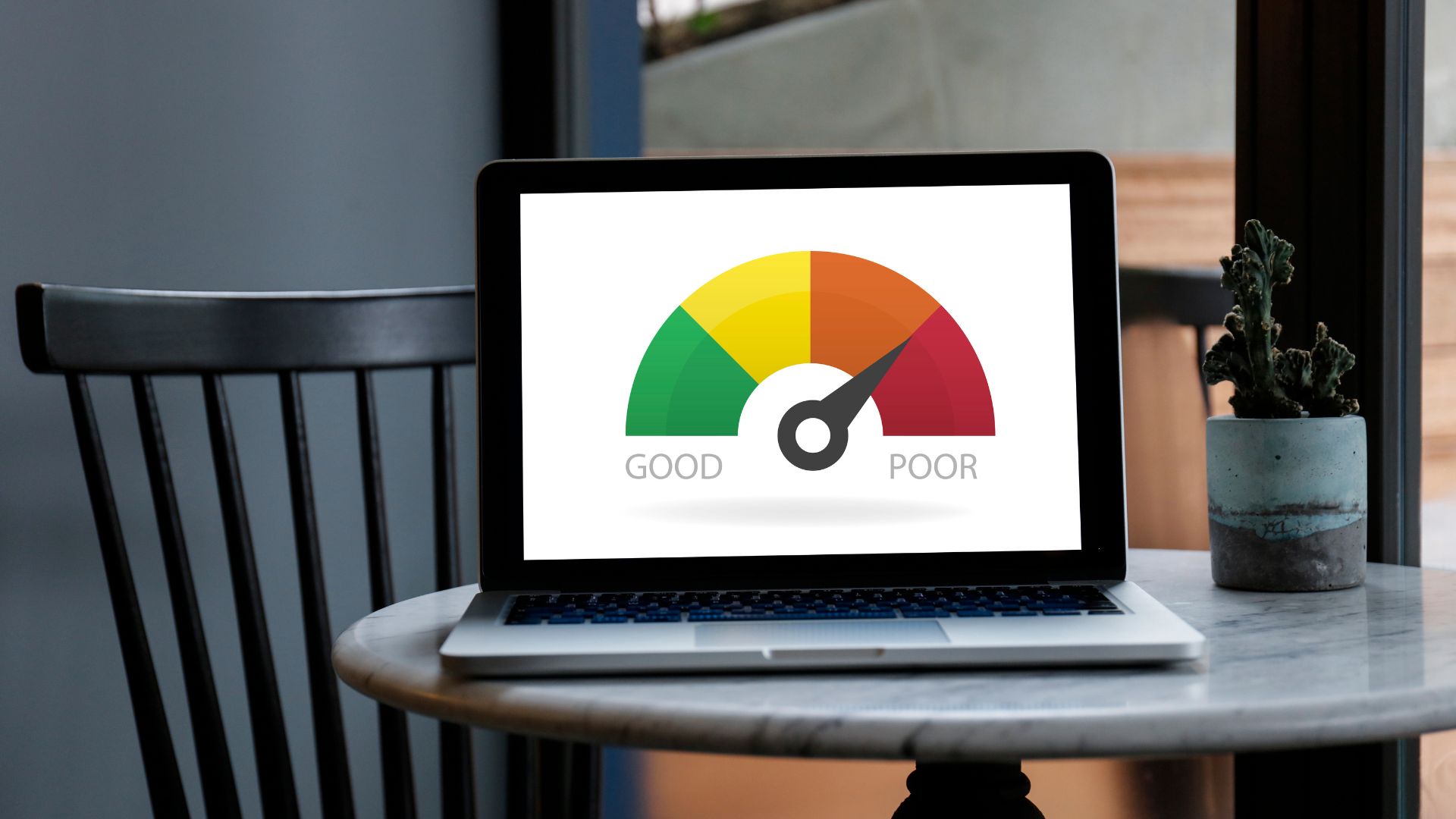
Shepherd Outsourcing opened its doors in 2021, and has been providing great services to the ARM industry ever since.
About
Address
©2024 by Shepherd Outsourcing.
Life sometimes throws unexpected curveballs, making it difficult to keep up with every financial obligation. Whether it’s a medical emergency, a sudden job loss, or simply an oversight, missing a payment can happen to anyone. If you’re grappling with this, you’re likely asking: “What is a delinquent payment?” Understanding this core concept is the first step toward regaining control of your financial health.
As of the first quarter of 2025, 4.3% of outstanding debt in the U.S. was in some stage of delinquency, according to the Federal Reserve Bank of New York, highlighting that missed payments are a common challenge faced by millions of Americans.
A delinquent payment is any payment you’ve missed past its due date. When you agree to a loan or service, you commit to paying on time. If you don’t, the account becomes delinquent.
Lenders typically report a payment as late to credit bureaus (Experian, TransUnion, and Equifax) once it’s 30 days overdue. This date is important, as it marks the start of the period during which the late payment will affect your credit.
Delinquency isn’t the same as default. Delinquency means you’re behind. Default typically occurs after 90–180 days of nonpayment and can result in account closure, full repayment demands, or legal action.
Knowing the difference between delinquency and default is key to managing your credit:
Also read: Do Debt Collectors Charge Interest on Outstanding Debts?
Delinquent payments can stem from various sources, sometimes a combination of individual challenges and, less commonly, issues on the creditor's side. Below is a breakdown of common causes of delinquent payments, both on the individual and creditor/business side.

Late payments can seriously affect your credit health. Since your payment history makes up about 35% of your FICO score, even one missed payment, especially if it’s 30 days overdue, can lower your score by 90 to 110 points if you have otherwise excellent credit.
But the impact goes beyond just the number:
While delinquencies can stay on your credit report for up to seven years (and bankruptcies even longer), the good news is their effect fades over time, especially as you build a consistent record of on-time payments.
Realizing you’ve missed a payment can feel overwhelming, but you're not alone and, more importantly, you’re not out of options. Acting fast with clear thought can make all the difference in protecting your financial health. Here’s how you can take charge:
The sooner you respond to a missed payment, the better your chances of avoiding long-term credit damage.
If you’ve just missed a payment by a few days or even a couple of weeks, try to make it right away. Payments made within 30 days typically aren’t reported to credit bureaus, so your credit score may stay unaffected. While you might still face a late fee, avoiding damage to your credit is worth it.
If you typically pay on time but faced a short-term issue, contact your creditor and explain what happened. They might offer a payment plan or even forgive a one-time late payment as a goodwill exception.
According to a Reddit discussion, users report that by explaining their financial hardship and communicating directly, they were able to settle debts for about half the original amount.
Understanding how far behind you are helps you plan your next move.
The further behind you are, the more proactive you’ll need to be, but there are still methods you can take to reduce the impact.
Mistakes on credit reports happen more often than you’d think. You’re entitled to one free report each year from Experian, Equifax, and TransUnion through AnnualCreditReport.com.
How to Fix It: If you find any errors, then file a dispute with both the credit bureau and the lender. Make sure to include any supporting documentation as accurate information is your right, and it’s critical for maintaining fair credit.
If the account is still active, then pay the balance as soon as you can to stop further negative marks.
Missing a payment isn’t the end, but how you respond makes all the difference; taking informed steps right away can help you start rebuilding your credit.
Also read: How to Deal with a Debt Collection Agency
Modern tools make it simpler to manage bills and stay on top of payments by using technology that helps track your finances automatically. Here’s how these tools work in simple terms:

With smart technology evolving, both individuals and financial institutions now rely on digital tools to track, manage, and help prevent late payments. Modern financial management increasingly relies on these technologies, such as data analytics (the process of examining large sets of data to find trends and draw conclusions) and artificial intelligence (AI) (computer systems that can learn from data and perform tasks that typically require human intelligence), which analyze payment behaviors to help prevent delinquencies.
For example, to set up auto-pay with your bank, log in to your online banking website, select ‘Bill Pay’ or ‘Payments,’ and follow the prompts to add your recurring bills. Most banks also allow you to specify the payment date and amount to avoid overdrafts.
If the process feels overwhelming, Shepherd Outsourcing Collections provides curated, compliant, transparent debt resolution services to help you regain control.
Managing your finances proactively is the best way to avoid missed or late payments. Here’s how you can stay on track:
Taking these steps gives you more control and peace of mind over your financial obligations.
Understanding what a delinquent payment is and how to address it is key to protecting your financial health. Missing a payment can feel unsettling, but it’s something you can overcome. By acting quickly, staying transparent, using available support, and building better habits, you can get back on track.
Whether you decide to handle negotiations yourself or seek professional help, make sure to get all agreements in writing, monitor your credit reports, and stay aware of any possible tax or legal implications. With thoughtful planning and a practical budget, you improve your chances of resolving the debt successfully.
If the settlement process feels too complex or you’re not sure how to start, Shepherd Outsourcing Collections is here to support you. We offer personalized, compliant debt recovery solutions with a focus on professionalism, transparency, and ethical service. Reach out to us today to take the first step toward regaining control of your finances.
A. Most missed payments, including those sent to collections or charged off, stay on your credit report for up to 7 years from the date you first missed the payment. Bankruptcies can stay for 7 to 10 years, depending on the type.
A. The longer your payment is overdue, the more it hurts your credit score. A 90-day delay signals a higher risk to lenders than a 30-day delay and typically causes a bigger drop in your score.
A. Delinquent means you’re late on a payment but may still be able to catch up. Default happens when you’ve missed payments for a longer period, often around 180 days. At that point, the lender may write off the debt, send it to collections, or take legal action. It also has a deeper and longer-lasting impact on your credit.
A. Telling your lender early shows responsibility and may open up options like deferrals, relief plans, or new terms, helping you avoid a reported late payment and credit score damage.